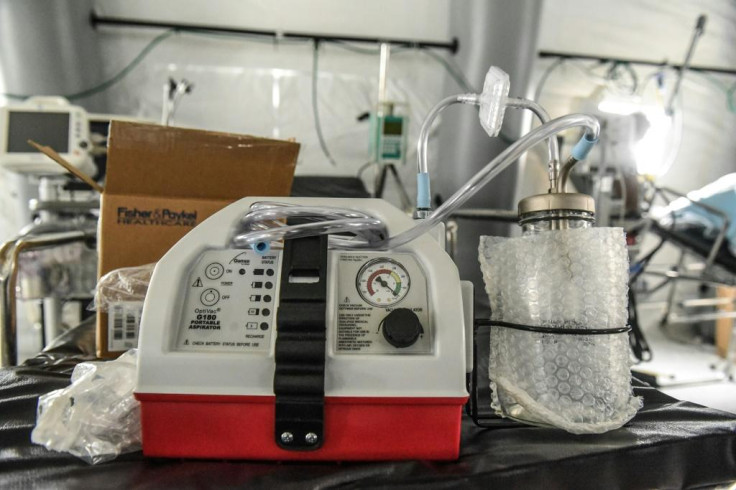Spanish scientists are developing laser test for detecting coronavirus at early stage
This discovery was made by scientists who are developing more non-invasive procedures that can accurately detect the presence of coronavirus
As medical researches shift full focus on SARS-COV-2, innovations are bound to arrive earlier than expected. It has been barely a few months since the widespread outbreak, but there have been multiple breakthroughs when it comes to detection. So far, a few are already seeing a widespread application to diagnose those that might be infected. However, the time it takes to show results still need improvements. The most recent one to surface is a testing method from Spain that uses lasers to spot COVID-19.
This discovery was made by scientists who are developing more non-invasive procedures that can accurately detect the presence of coronavirus. It is still in the prototype phases but is projected to become widely available in less than a year. The team behind it already has six working laboratory demonstrators intended to monitor samples for cancer biomarkers or other bacterial infections. With some modifications, these can be tuned for use with COVID-19 diagnosis.
Science|Business notes that this is made possible by photonics – a technology that is focused on the properties of light. According to the scientists, their system is allegedly more reliable than the currently used finger-prick testing kit, which is the subject of controversy for its inaccuracy. This groundbreaking procedure can apparently detect COVID-19 in real-time. The "optical biosensor" unit can even scan patients with low viral loads.
La Comisión Europea ha destinado 2,5 millones a lograr una prueba sencilla y en tiempo real para el SARS-CoV-2, basada en dispositivos ya desarrollados por @icn2nano de Barcelona, que lidera el proyecto. https://t.co/qZUpgv2xHc Informa @carmenfefe pic.twitter.com/OXFFB88jDw
— diariomedico (@diariomedico) April 7, 2020
This means that even in the first instance of transmission, healthcare specialists can identify which individuals need to be isolated immediately. This will dramatically cut down accidental exposure and hopefully end the pandemic sooner than projected. The research is conducted by CONVAT with the help of the Catalan Institute of Nanoscience and Nanotechnology (ICN2).
The measures against #COVID19 prevented the opening of the exhibition "CientÃfiques catalanes 2.0", by @ACCC_. Still, we can enjoy it from our homes visiting the ACCC web page. Our Group Leader Laura Lechuga is one of the scientists on display! https://t.co/UGUfS9sjAM pic.twitter.com/vA2FlRI6r6
— ICN2 (@icn2nano) April 7, 2020
"With thousands of deaths worldwide, we are in urgent need of a rapid new testing kit that is accurate, highly sensitive, non-invasive and cheap to produce," said Professor Laura Lechuga, project lead, CSIC Research Professor at ICN2. "We are currently integrating all the instrumentation in a portable 25x15x25 cm box with a tablet control," she added.

She said that "at present, our detector is user-friendly, with the preparation being only technical expertise required, and could be widely deployed for GPs or nurses to test patients." The continued spread of COVID-19 is already straining the economy and medical facilities. Thus, developments that could aid in any way would be advantageous in the fight against COVID-19
© Copyright IBTimes 2025. All rights reserved.



















